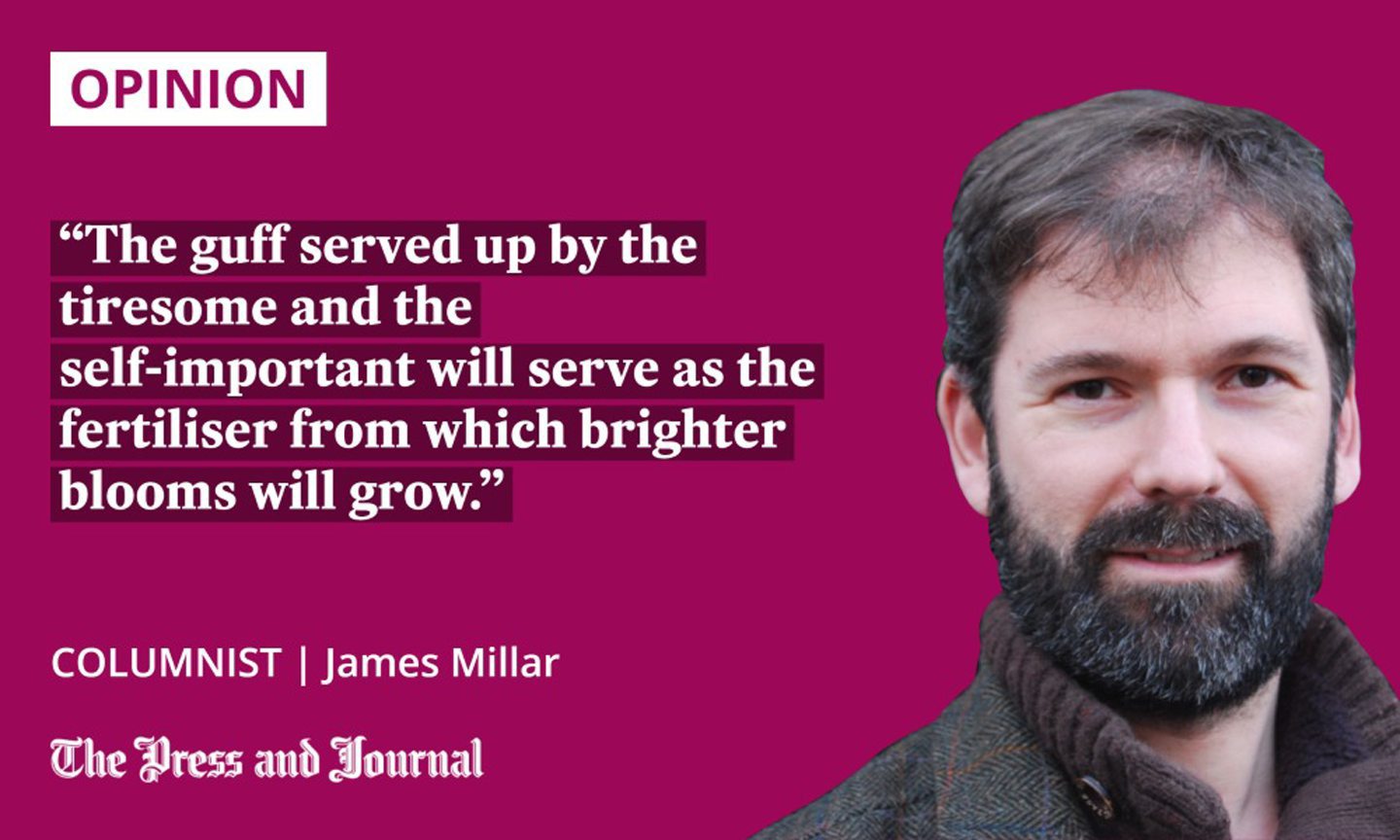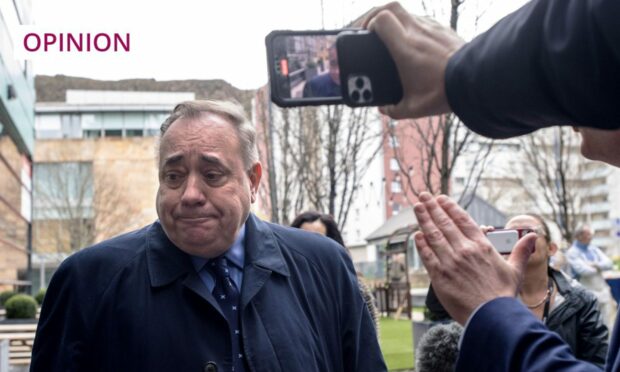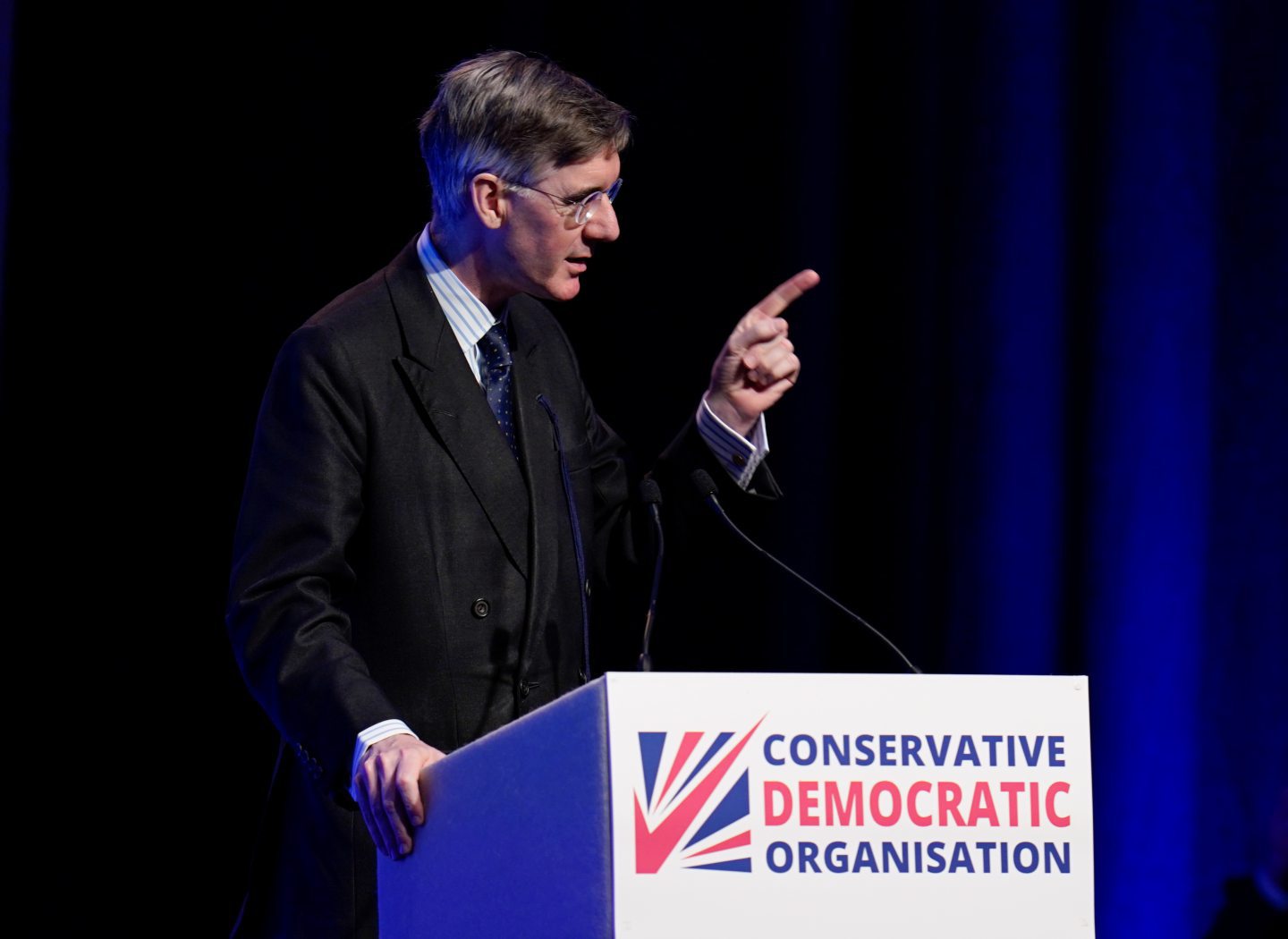With the sun finally making an appearance at the weekend coinciding with a parade of loudmouths, crackpots and nobodies taking to the airwaves to share their thoughts on where the Tories have gone wrong, I was reminded of a Venetian proverb I was only recently introduced to on a trip to the city in the sea: in the summer, even the turds float.
The meaning is that, under the right circumstances, even those without any apparent skill or value can rise to the top and gain an audience.
The history of Venice is perpetually fascinating. It’s informed by geography, of course – hence, lots of aquatic aphorisms – but shot through with raw politics and an always interesting relationship with truth and gossip. There’s a reason Venice is famous for its masks, be they to hide identity during carnival in order to spread lies or cover up affairs, or the long-nosed version invented to keep plague at bay. Boris Johnson would’ve been right at home.
Just as he would’ve been at the Conservative Democratic Organisation’s inaugural get-together last weekend. This was essentially a gathering of his fan club, yet the man who adores adoration chose to skip it. How could that be?
The media coverage – including a widely-reported write-up of Priti Patel using her speech to blame Rishi Sunak’s administration for the Conservatives’ local election Armageddon – might have given the impression that this event was a big deal. In fact, the number of attendees could be counted in dozens rather than hundreds.

One in-the-know Tory told me his local constituency association AGM would attract just as many members. Johnson’s slim hopes of a comeback would be dented further should he look fringe and foolish addressing a sparsely populated room full of those easily dismissed as a cult.
Yet, some media gave those very same people a platform. For example, Jacob Rees-Mogg went on Sky News and tried to look clever with his own Italian reference by mentioning the medieval Borgias. But, when ace presenter Sophy Ridge probed further, he ended up looking stupid. He knows the history and wanted to show it off, but it bore no relation to current politics.
.@SophyRidgeSky: "You've referenced the Borgias, what did they do?"@Jacob_Rees_Mogg: "I'm not here to give you a history lecture."#Ridge: "So corrupt effectively, is that what you're referencing to Rishi Sunak?"
Listen to the full exchange 👇 pic.twitter.com/6M7a5RYJiI
— Sophy Ridge on Sunday & The Take (@RidgeOnSunday) May 14, 2023
It would be like me dropping into this column that I once won PopMaster on Radio 2. It’s true, it might (ought to) impress some people, but it doesn’t provide any relevance or insight to the topic at hand.
Ridge showed how easy it is to call out these blowhards. Yet, too many in the press choose to give them oxygen instead of bursting their balloon.
A depressing but necessary phase of politics
Rees-Mogg gets another shot at the National Conservatism Conference that closes on May 17 in Westminster, after three days of irrelevant populism. He shares the agenda at this one with the likes of Brexit buffoon Lord David Frost, a man who mysteriously still gets invited to speak despite railing against the Brexit deal that he negotiated. His schtick is literally: “The thing I made is rubbish, I did it all wrong and got outfoxed by the EU. So, listen to me!”
But, such are the circumstances at the fag end of a government that historical anomalies get their shot. Bob Ainsworth was defence secretary in Gordon Brown’s final cabinet – whatever happened to him? And John Major’s cabinets were full of nobodies destined to be answers in particularly niche pub quizzes, like Virginia Bottomley and Tony Newton.
Those circumstances spread to Scotland, too. As the SNP’s star has dimmed since the start of the year, so the limelight has been seized by the mediocre and the notorious.
Alex Salmond fits the latter description rather than the former, but he’s used the current moment to stake a claim to the leadership of the wider independence movement once more. He has a track record of referendum failure and human failing, yet he swans onto our screens to share his thoughts, unchallenged. Once Michael Forsyth rejoins the fray, then you’ll know the game is truly up.
It’s a depressing but necessary phase that politics must go through. The guff served up by the tiresome and the self-important will serve as the fertiliser from which brighter blooms will grow.
Neil Gray and Jenny Gilruth are already attracting good reviews for the way they are taking on their portfolios in the Scottish Government. Labour may be able to draw on Scottish MPs such as the wise Douglas Alexander and the charismatic Torcuil Crichton after the next election. More moderate Tories like Victoria Atkins, Laura Trott and Aberdeen’s own Andrew Bowie can bide their time until the tide inevitably turns their way.
Believe it or not, our politics can be like Venice – inspiring, brilliant, even breathtaking, but built on slime.
James Millar is a political commentator, author and a former Westminster correspondent for The Sunday Post












Conversation